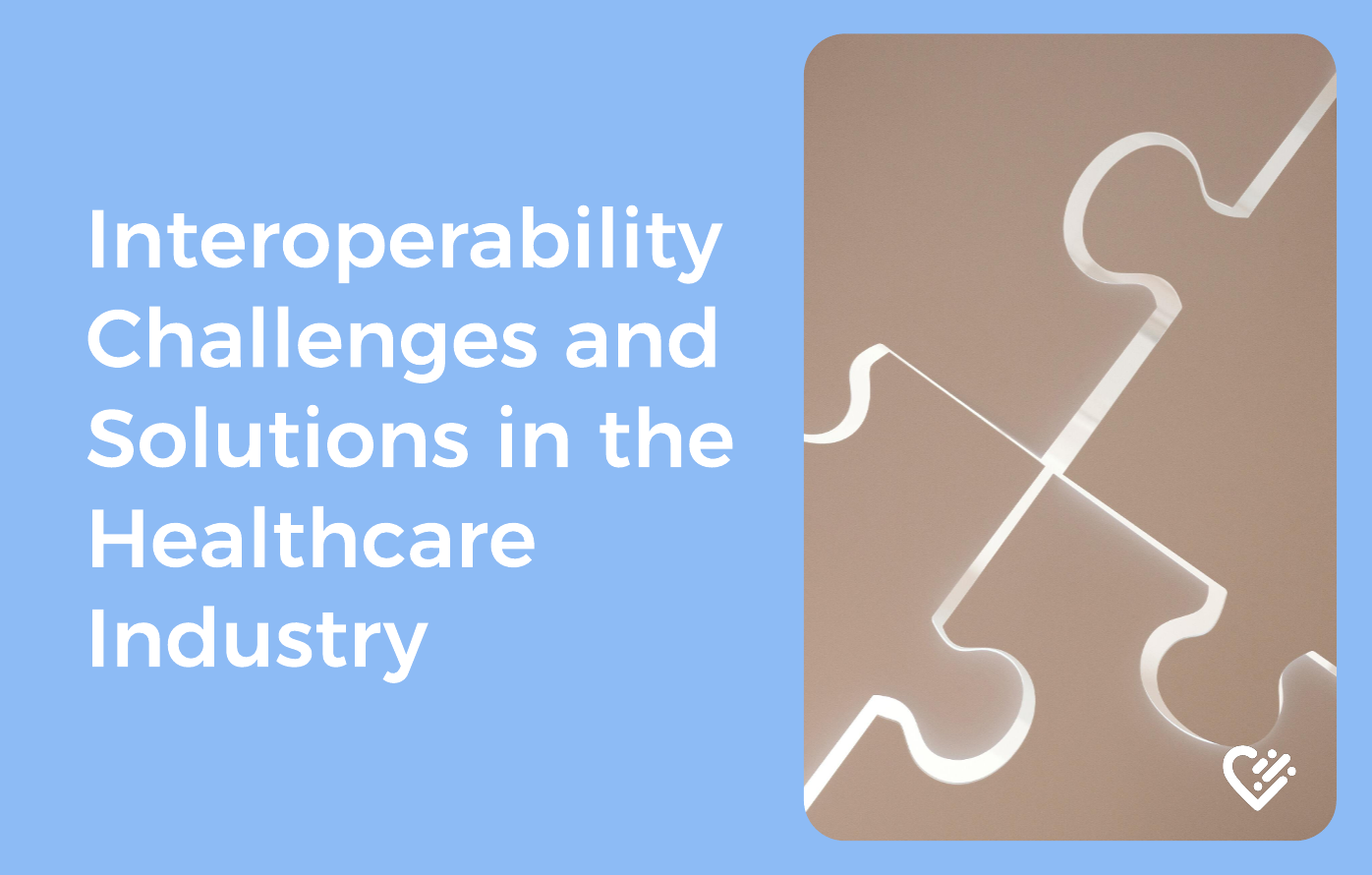In the modern healthcare landscape, the seamless exchange of patient information and interoperability of healthcare systems have become critical for delivering efficient and effective care. This article explores essential interoperability challenges encountered in the healthcare industry and presents potential solutions. Healthcare organizations can enhance data sharing, care coordination, and patient outcomes by understanding these challenges and implementing appropriate strategies.
Understanding Interoperability Challenges in Healthcare
Interoperability challenges in the healthcare industry arise from various factors, including technological, organizational, and regulatory barriers. Some common challenges include:
- Data Fragmentation: Healthcare data is often scattered across different systems and formats, making it difficult to exchange and integrate information seamlessly.
- Lack of Standardization: Consistent data standards and coding systems help interoperability, as different systems may interpret and represent data differently.
- Legacy Systems: Many healthcare organizations still rely on outdated or incompatible systems that do not easily communicate with each other, leading to data silos and limited interoperability.
- Privacy and Security Concerns: The sensitive nature of healthcare data necessitates stringent privacy and security measures, which can sometimes impede the sharing of information across systems and organizations.
Solutions to Address Interoperability Challenges
To overcome these interoperability challenges, the healthcare industry can adopt several solutions and strategies:
- Implementing Data Standards: Embracing standardized data formats, such as HL7 and FHIR (Fast Healthcare Interoperability Resources), promotes consistency and facilitates data exchange across systems and organizations.
- Interoperability Frameworks: Adopting interoperability frameworks, such as SMART on FHIR, provides a standardized approach for integrating applications and systems, enabling seamless data sharing.
- Data Governance and Policies: Establishing robust data governance frameworks and policies ensures compliance, data quality, and interoperability across healthcare organizations.
- Health Information Exchange (HIE): Implementing secure health information exchange platforms enables the seamless sharing of patient data among healthcare providers, ensuring continuity of care.
- Integration Engines and APIs: Utilizing integration engines and application programming interfaces (APIs) helps connect disparate systems, facilitating the flow of data and promoting interoperability.
- Patient Identification and Matching: Accurate patient identification and matching solutions reduce errors and ensure the right data is associated with the correct patient, enhancing interoperability and patient safety.
Benefits of Overcoming Interoperability Challenges
Addressing interoperability challenges in the healthcare industry offers several benefits:
Interoperability challenges can impede the seamless exchange of patient information and hinder care coordination. By recognizing these challenges and implementing appropriate solutions, healthcare organizations can overcome these barriers. The healthcare industry can achieve enhanced interoperability by adopting data standards, interoperability frameworks, robust governance, and advanced technologies, resulting in improved care outcomes, patient safety, and operational efficiency. Embracing these solutions is crucial for creating a connected healthcare ecosystem that prioritizes the seamless exchange of information and promotes high-quality, patient-centric care.
- Improved Care Coordination: Seamless data exchange enables healthcare providers to access comprehensive patient information, resulting in better care coordination and informed decision-making.
- Enhanced Patient Safety: Interoperability reduces errors caused by fragmented data, ensuring healthcare professionals have complete and accurate information, thereby improving patient safety.
- Operational Efficiency: Streamlined workflows, reduced administrative burden, and optimized data exchange increase operational efficiency and cost savings.
- Patient Empowerment: Interoperability allows patients to access and share their health information, empowering them to participate in their care and make informed decisions actively.
